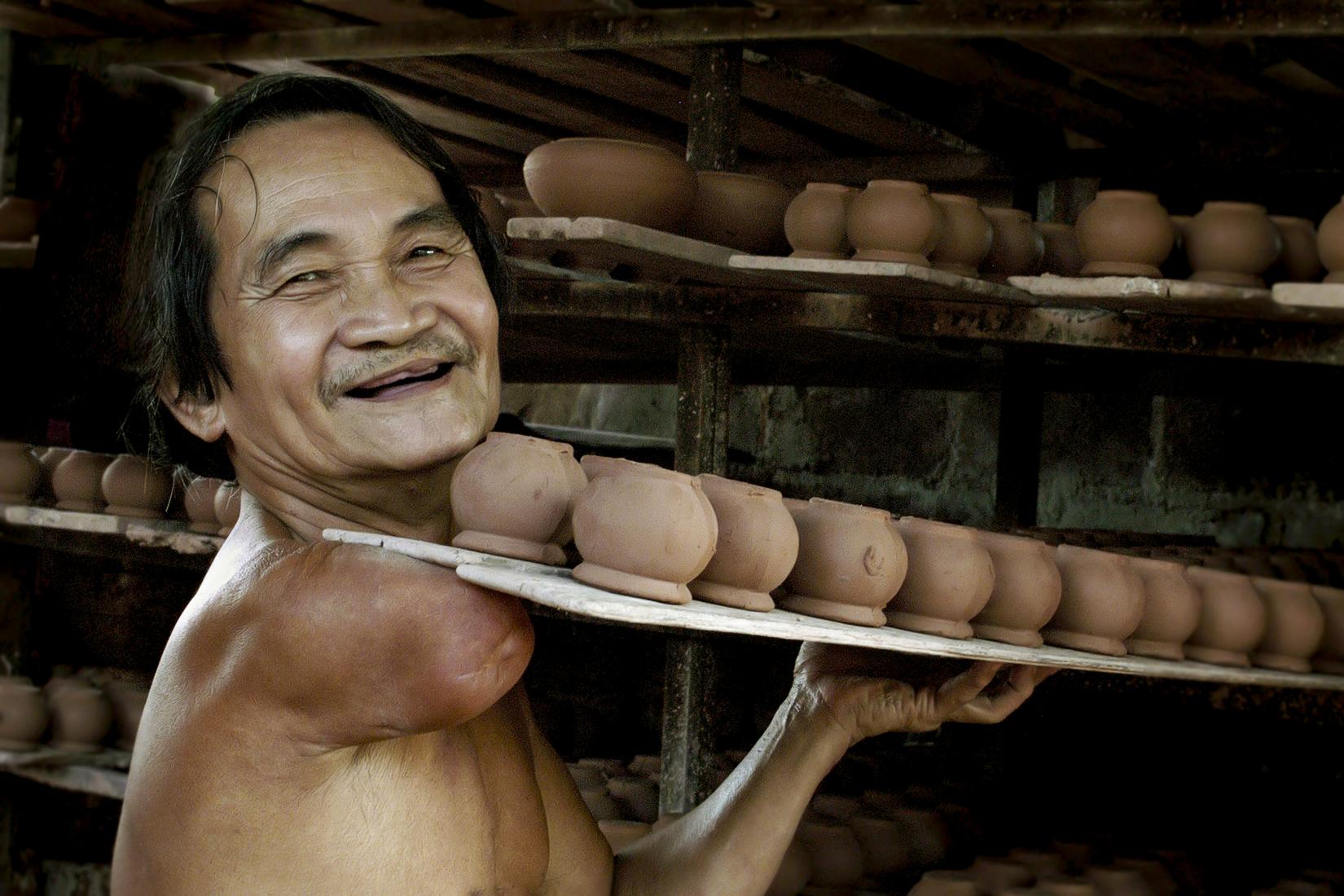The UN in Viet Nam Supports a Disability-inclusive, Accessible and Sustainable Post COVID-19 Viet Nam on this International Day of Persons with Disabilities 2020
03 December 2020
- Ha Noi (Viet Nam), 3 December 2020 – The United Nations (UN) in Viet Nam is pleased to commemorate the International Day of Persons with Disabilities, which this year highlights the theme of Building Back Better: Toward a Disability-Inclusive, Accessible and Sustainable Post COVID-19 World.

As the UN Secretary General has emphasised, “inclusion of persons with disabilities in the COVID-19 response and recovery is a vital part of ensuring that no one is left behind, and a critical test of commitments in the Convention on the Rights of Persons with Disabilities (CRPD), the 2030 Agenda for Sustainable Development and the United Nations Disability Inclusion Strategy.” The UN in Viet Nam is proud to have been selected as one of the countries to pilot a One UN Disability Inclusion Strategy and Action Plan to further this goal of transformative and lasting change with respect to disability inclusion.
Around the globe, the burden of COVID-19 has fallen most heavily on the people least able to cope with its effects, such as persons with disabilities (PWDs). In Viet Nam, the UN has noted that PWDs, especially the elderly and those with underlying health conditions, were at higher risk of contracting the virus. The more severe, longer-lasting impact was on PWDs’ employment and access to healthcare services. In some cases, children with disabilities had difficulty accessing treatment and rehabilitation services, and were disproportionately impacted by the move to online learning. In addition, children with disabilities are more likely to be placed in residential care, where multiple challenges were experienced.
During these 16 Days of Activism against Gender-Based Violence, we are also drawing attention to the situation of women with disabilities, which was exacerbated by COVID-19. Four in every ten women and girls with disabilities have suffered from at least one form of sexual violence. Many cases of sexual harassment remain hidden or unknown because they happen to those who live in poverty and in remote areas, or to those unaware of their rights. Women and girls with disabilities may even face pressure to undergo sterilization to avoid unwanted pregnancies from sexual assaults.
Looking forward, the COVID-19 pandemic highlights that protection, response and recovery efforts will not be effective unless everyone is equally valued and included. The foundations for a disability-inclusive COVID-19 recovery are clear: non-discrimination, intersectionality, accessibility, participation, accountability, data disaggregation. A human rights approach is critical to ensure that States take action now to build equitable, sustainable and resilient societies that have the mechanisms to prevent and respond rapidly to future public health emergencies and to ensure that ‘no-one is left behind’.
The UN will continue to support Viet Nam in respecting, protecting and fulfilling the rights of PWDs, and ensuring that PWDs are prioritised in the achievement of the 2030 Agenda. Building back better will require:
- Ensuring mainstreaming of disability and inter-sectoral linkages in all COVID-19 response and recovery efforts – together with targeted actions – and the tracking inclusion and empowerment of PWDs in activities;
- Ensuring meaningful consultation with and active participation of PWDs and their representative organizations in all stages of the COVID-19 response and recovery, and investing in community-based solutions;
- Ensuring accessibility of information, facilities, services and programmes in the COVID-19 response and recovery;
- Ensuring disability inclusion in digitalization during and after the pandemic, such as in employment, especially for women with disabilities, to sustain their livelihood and dignity and reduce their vulnerability to gender-based violence;
- Ensuring that distance learning strategies meet every child’s unique learning needs;
- Building sustainable and disability-inclusive social protection systems, ensuring access to social protection packages, facilitating access of PWDs to certification of disability status, and prioritizing PWDs in the socio-economic response;
- Ensuring that laws and policies prohibit all forms of discrimination against PWDs and adopt a definition of PWDs in line with the CRPD.
As always, the UN in Viet Nam will remain a close and trusted partner of both the Government and persons with disabilities, supporting them in achieving this vision of a disability-inclusive, accessible and sustainable post COVID-19 Viet Nam.







